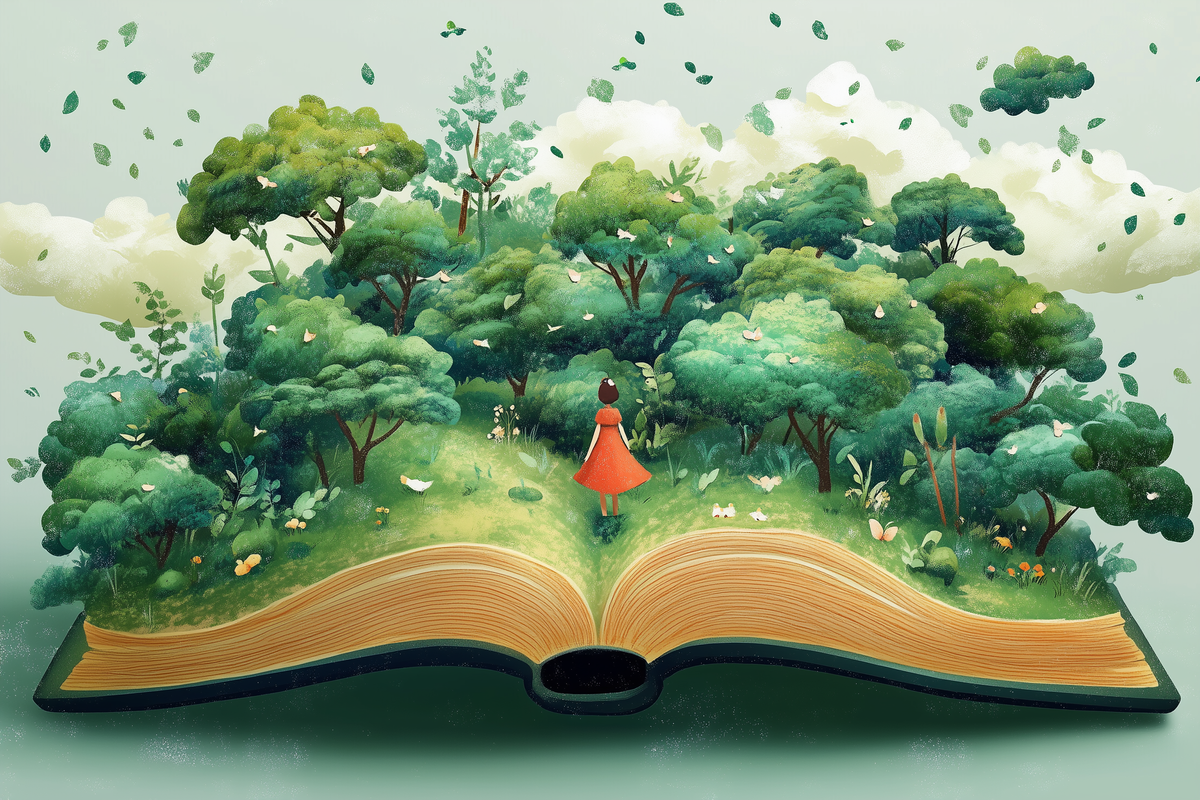Why Experiencing a Book Matters More Than Just Reading It
Experiencing a book means giving it time and mental space. It's about more than acquiring information; it's about transformation.

This is an essay about the importance of truly experiencing a book rather than simply reading it or skimming a summary. If you've ever felt guilty about not finishing a book or relied too heavily on summaries, this piece is for you. If not, feel free to skip it.
In our current era of information overload and instant gratification, we're constantly bombarded with book summaries, key takeaways, and condensed versions of literary works. While these can be useful tools, they've led to a problematic trend: the illusion that we've truly read and understood a book when we've merely skimmed its surface.
There's a vast difference between reading a book and experiencing it. Reading, in its simplest form, is the act of decoding words on a page. Experiencing a book, however, is a much deeper, more immersive process. It involves not just comprehending the words, but absorbing the rhythm of the language, visualizing the scenes, empathizing with the characters, and allowing the ideas to percolate in your mind long after you've turned the last page.
When we say we've "read" a book, what do we really mean? In many cases, it might be more accurate to say we've "processed" it. We've understood the plot, we've grasped the main arguments, we might even be able to discuss it at a surface level. But have we truly experienced it?
Experiencing a book means giving it the time and mental space it deserves. It means allowing yourself to get lost in the narrative, to be challenged by new ideas, to feel the emotional impact of the story. It's about more than just acquiring information; it's about transformation.
This distinction becomes even more crucial in the age of book summaries and quick-read versions. These tools have their place - they can help us decide which books to invest our time in, or refresh our memory of a book we've read in the past. But they should never be seen as a replacement for the full experience of reading.
When you claim to have experienced a book, you're acknowledging the time and enjoyment you've invested in it. You're saying that you've allowed the book to work its magic on you, to potentially change your perspective or deepen your understanding of a subject. This is fundamentally different from saying you've studied the book or become an expert on its contents.
It's also important to note that experiencing a book doesn't automatically mean you've absorbed every detail or can recall every plot point. Just as our experiences in life shape us in ways we might not always be able to articulate, our experiences with books can influence us in subtle, profound ways that go beyond mere factual recall.
In a world that increasingly values efficiency and quick consumption of information, we need to reassert the value of deep, immersive reading experiences. We need to give ourselves permission to spend time with books, to savor them, to let them challenge and change us.
So the next time someone asks if you've read a particular book, consider your response carefully. If you've truly experienced it, say so. If you've only read a summary or skimmed it, be honest about that too. There's no shame in not having read everything, but there's great value in distinguishing between the books we've truly experienced and those we've merely encountered.
In the end, the goal isn't to read the most books or to be able to discuss every bestseller. The goal is to allow books to enrich our lives, challenge our thinking, and expand our understanding of the world. And that can only happen when we give ourselves the time and space to truly experience them.
Abandoning here,
Bradley
